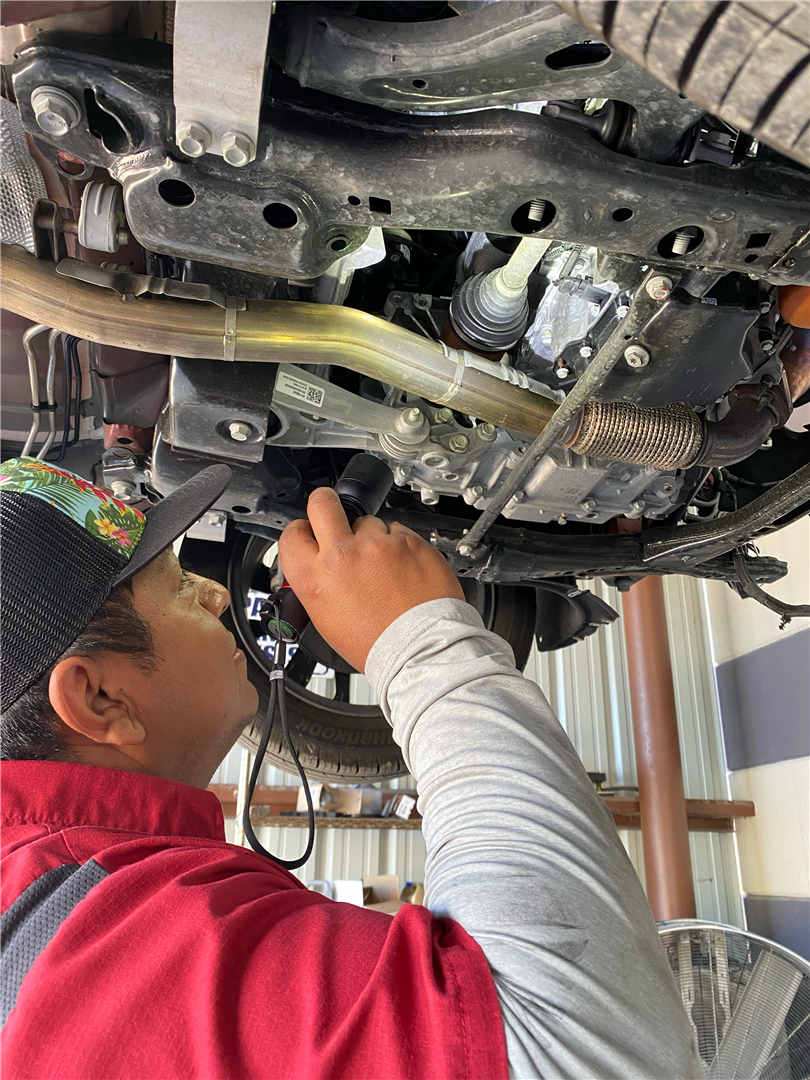
Identifying unusual sounds in your car is crucial for early detection of potential issues. Here are some common car noises and their potential meaning Squealing or Screeching Screeching and squeaking noises are Likely related to issues with the serpentine belt, accessory belts, or brakes. It’ll be prudent to get your brake pads or rotors checked, as well as the belts. Grinding Grinding noise indicates significant wear in the brake system, requiring prompt attention. You will need to get new brake pads installed, but if you delay getting a replacement, then over time, you may also need to replace the rotors and calipers. Clicking or Ticking Could signal low oil levels, valve lifter issues, or worn engine components. You should get the fluids replaced. Knocking or Pinging These irregular, metallic sounds points to potential problems with fuel quality, ignition timing, or engine knocking. Whining Whining or screeching are loud continuous, high-pitched so ... read more